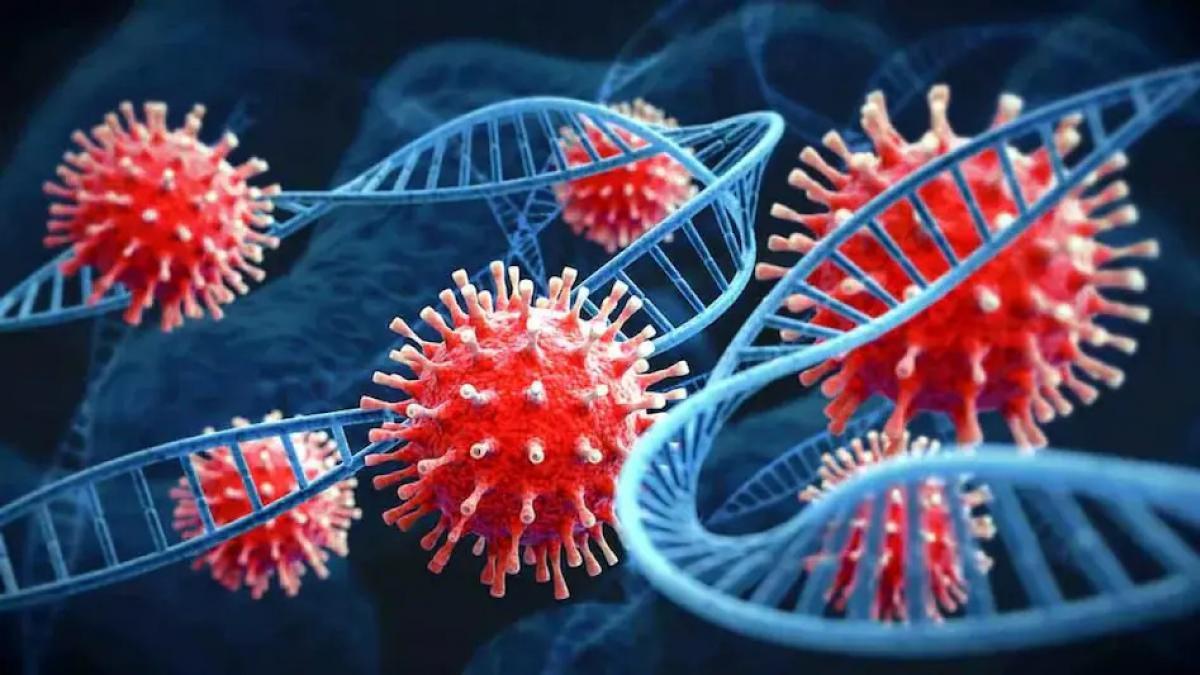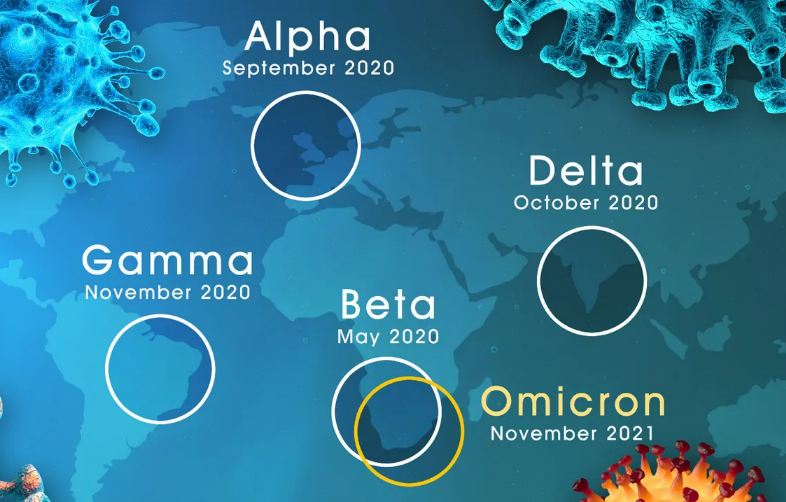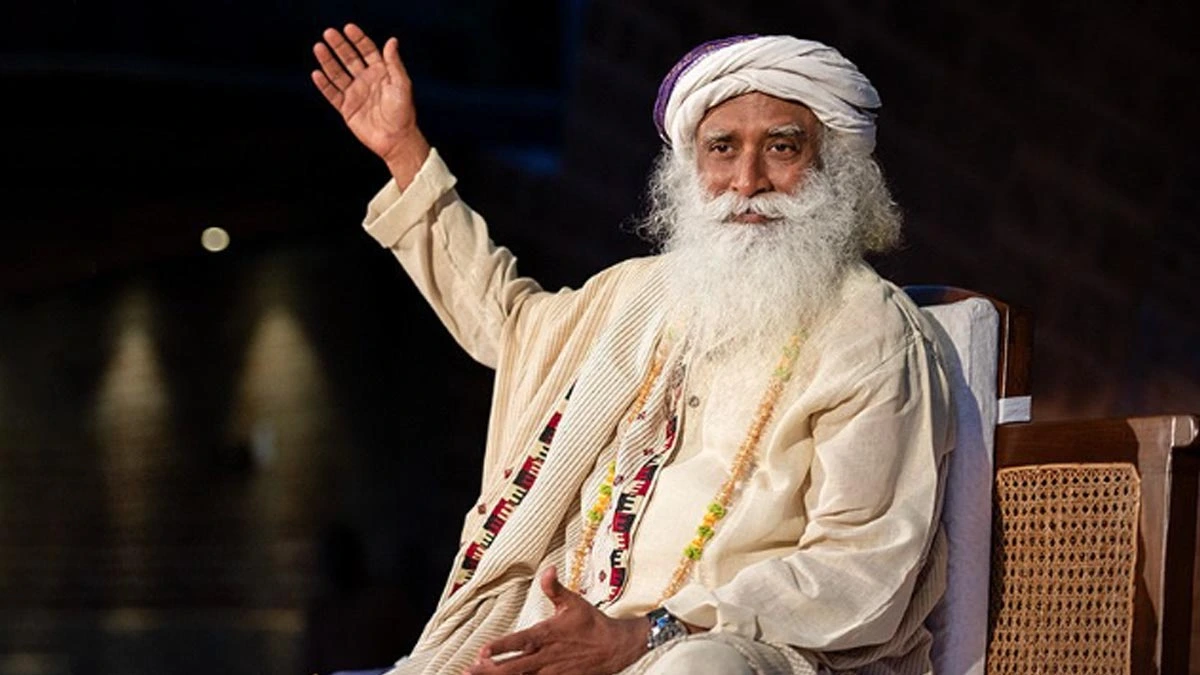Health
RT-PCR kit for Omicron: No more genome sequencing needed for detecting Omicron | Cost and other FAQs answered
S-gene RT-PCR can now be used to detect all other kinds of Covid-19 variants including Omicron. Here’s how effective it is from the regular RT-PCR. Know the cost and other important questions.

Health
Karwa Chauth 2025 moonrise time: Biohacking the fast from sunrise to moonlight for better health
Karwa Chauth 2025 fast offers not only spiritual fulfilment but also scientifically proven health benefits — from improved metabolism and hormonal regulation to enhanced longevity and mental clarity.
Health
Sadhguru’s 30% diet challenge: Spiritual leader explains how eating more fruits can transform your digestion and mental clarity
Sadhguru’s 30% diet challenge urges people to eat more fresh fruits daily. From better digestion to steady energy, here’s how this change can improve your life.
Health
Is winter really a silent threat for diabetics and hypertensive patients? Risks you need to know
-

 Latest world news14 hours ago
Latest world news14 hours agoPM Modi reaffirms support for Israel, recalls 26/11 victims in Knesset address
-

 Latest world news14 hours ago
Latest world news14 hours agoCanada softens stance on alleged Indian interference ahead of PM Carney’s India visit
-

 India News13 hours ago
India News13 hours agoPM Modi crosses 100 million followers on Instagram, first world leader to achieve milestone
-

 Latest world news13 hours ago
Latest world news13 hours agoPM Modi and Netanyahu pledge deeper defence, trade ties during Israel visit
-

 India News13 hours ago
India News13 hours agoOver 5,000 tribals join BJP in Assam’s Goalpara ahead of elections








